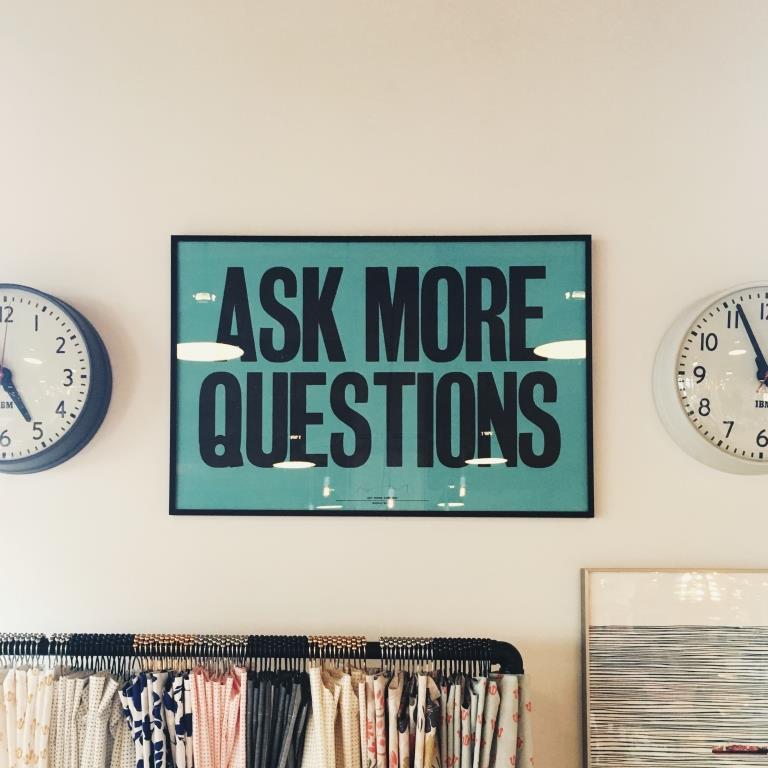Do you have questions within your HR department that you just don’t have the time or capacity to test and answer? Some of the questions could include when the best time to promote someone is, what is helping and hindering your retention rate, and how to improve your hiring process.
You may not have the time to create reports on all of these, but you can work with academics in an academic HR collaboration. They’ll be able to access original data, and you’ll get access to their research and findings. You can also consider collaborating with a graduate student so s/he can craft a thesis paper around your HR team.
Questions you could use for an academic HR collaboration
What are the most common reasons employees quit?
Some of your former employees may be willing to be contacted and answer a few questions on why they left. If you conduct exit interviews, you can also give your academic research partners access (but keep them confidential) so they can evaluate reasons for leaving.
What’s the impact of using assessments on our hiring process?
Take a look at which employees were hired with the use of assessments, and which employees were hired with just an interview process. Your academic partners should be able to interview them, gauge their success with your in-company success metrics, and analyze whether the use of assessments has helped you hire more top performers or not.
What’s our average employee life-cycle?
Understanding how long the average employee stays by department, position, and the impact promotions have can help you plan in advance. It will give you a chance to curb resignations, figure out what needs to be done to keep an employee longer, and find the ideal time to promote a top performer.
What causes the most stress at work?
This one is a question that may seem obvious, but it varies between companies. Your academic partner can team up with multiple companies to see if there are trends for work stress, but personalized results will go far to answer this. For example, many of your employees may be stressed out by their morning commute, whereas a different company may have employees who are stressed out by a poor manager.
What are the biggest indicators of a good manager/leader?
This is a big question for succession planning. You need to know how to predict who will make a good leader for your company, and your academic partners can do a paper on the best indicators for successful managers. By allowing them to test your first-time managers, leaders who were promoted into their positions, and managers who were hired directly into the c-suite, you’ll get some great insight into whether it’s better to hire a leader or promote them, as well as other key data.
What other questions do you want answered at work, but don’t have the time or capacity to research?




